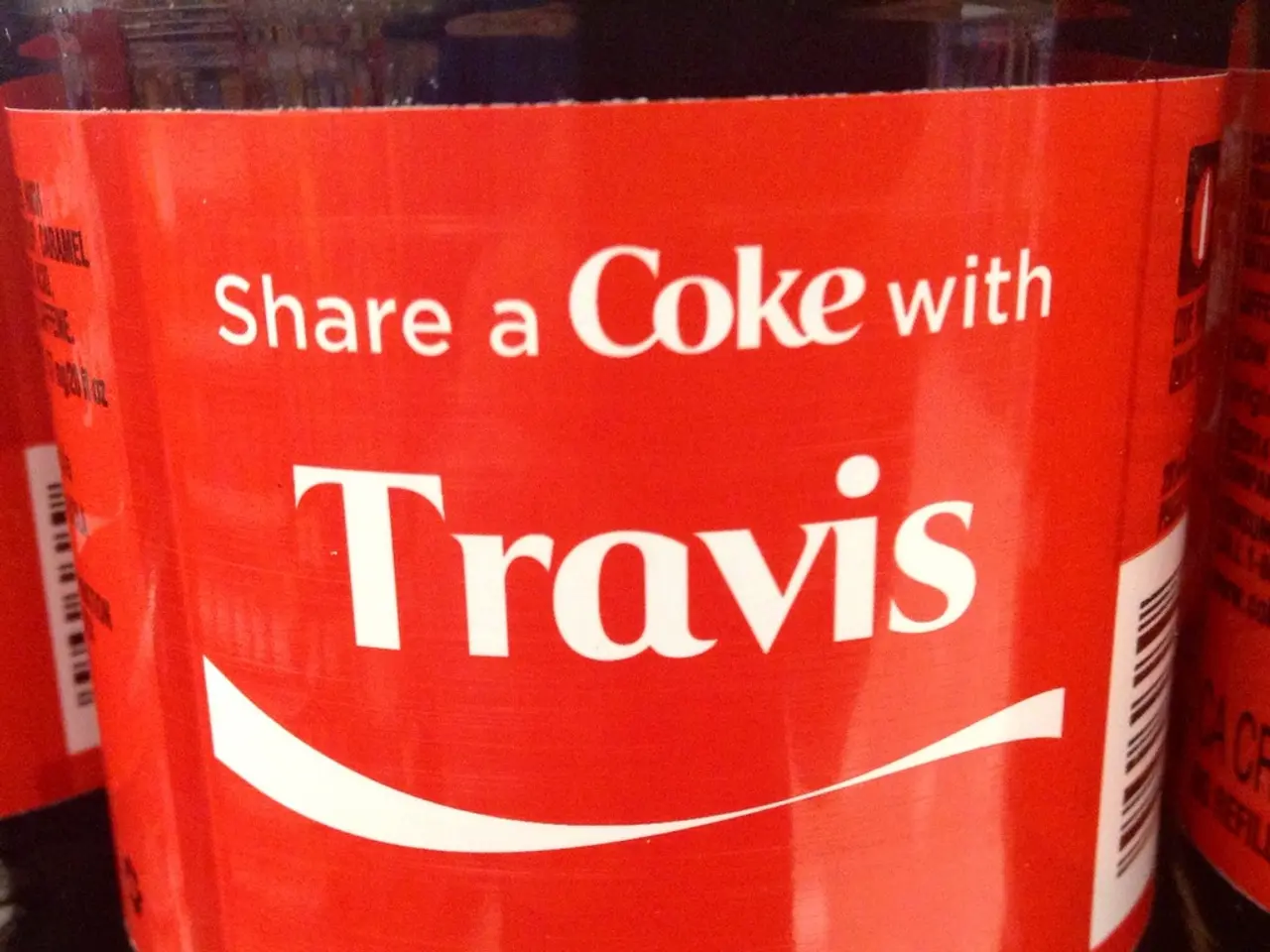Struggles with Addictions Post Holidays: An Unspoken Struggle
As the festive season comes to a close, individuals recovering from addiction may find themselves facing increased risks of relapse. The combination of emotional stress, social pressures, and psychological triggers during the holidays can take a toll, making it crucial to remain vigilant and seek support when needed.
MonteAlminara, a Beacon of Hope in Andalusia
For those struggling, MonteAlminara, a reference center for addiction treatment in Andalusia, stands ready to offer professional help. Located in a privileged natural environment near Moclinejo, Malaga, MonteAlminara promotes comprehensive recovery in an exclusive and private environment.
Common Post-Holiday Relapse Triggers
The holiday season is often marked by social events that involve alcohol or drugs, creating strong social pressure and temptation to use again. These events may also evoke past trauma or family conflicts, increasing emotional distress. Holidays can heighten feelings of emotional instability, anxiety, depression, or loneliness, all of which are known relapse triggers.
Persistent cravings and withdrawal symptoms like irritability, insomnia, or anxiety make resisting substances especially difficult during high-stress periods like holidays. Recovering individuals might convince themselves or be persuaded by others that having "just one drink" or "one use" is manageable; however, addiction impairs self-regulation, and this often leads to full relapse.
Understanding the Relapse Process
Relapse often occurs progressively — starting with emotional relapse (isolation, skipping support meetings), then mental relapse (internal struggle and bargaining), and finally physical relapse (actual substance use). Encountering social situations where substances are common without having coping strategies or boundaries greatly increases relapse risk.
The absence of new hobbies or fulfilling routines can leave individuals vulnerable to relapse to fill emptiness or dullness. The normalization of consumption during the holiday season can be a trigger for a relapse, as can unmanaged repressed emotions during the holidays that lead to seeking relief in addiction. Denial, risk minimization, or overconfidence can also lead to a post-holiday relapse.
Preventing Relapse: Awareness, Strategies, and Support
Preventing relapse involves strong coping skills, ongoing support, and awareness of these triggers. Watching for warning signs of a possible relapse is crucial. Awareness, effective strategies, and professional support can help overcome post-holiday vulnerabilities.
The post-celebration period is a high-risk time for addiction relapses. If you or someone you know is struggling, don't hesitate to seek professional help immediately after a relapse. Remember, relapse is not a failure, but an opportunity to learn and grow in recovery.
Sources:
- National Institute on Drug Abuse. (2018). Principles of Drug Addiction Treatment: A Research-Based Guide (Third Edition). Retrieved from https://www.drugabuse.gov/publications/principles-drug-addiction-treatment-research-based-guide-third-edition/principles-effective-treatment
- Substance Abuse and Mental Health Services Administration. (2015). Treatment Improvement Protocol (TIP) Series, No. 53: Detoxification and Substance Abuse Treatment. Retrieved from https://store.samhsa.gov/system/files/sma15-4885.pdf
- Center for Substance Abuse Treatment. (1999). Relapse Prevention and Aftercare: A Guide for Professionals Serving People with Substance Abuse Disorders. Retrieved from https://store.samhsa.gov/system/files/csat_tipsheet_10.pdf
- National Institute on Alcohol Abuse and Alcoholism. (2015). Alcohol Use Disorder: A Comparative Study of the Second Edition of the Diagnostic and Statistical Manual of Mental Disorders (DSM-5) and the 11th Revision of the International Classification of Diseases (ICD-11). Retrieved from https://www.ncbi.nlm.nih.gov/books/NBK206906/
- Recognizing the progressive nature of relapse and understanding its common triggers, such as emotional instability, social events involving substances, or unmanaged repressed emotions, is crucial for recovering individuals to develop strong coping skills and strategies to prevent relapse.
- MonteAlminara, a reference center for addiction treatment in Andalusia, offers professional help, promotes comprehensive recovery, and provides an exclusive, private environment conducive to maintaining sobriety, making it an ideal resource for those struggling post-holidays.
- Support groups, therapy, and mental health resources can offer valuable assistance to individuals in strengthening their emotional well-being and coping strategies to help manage the high-stress periods like the post-celebration period, thereby reducing the risk of relapse.




